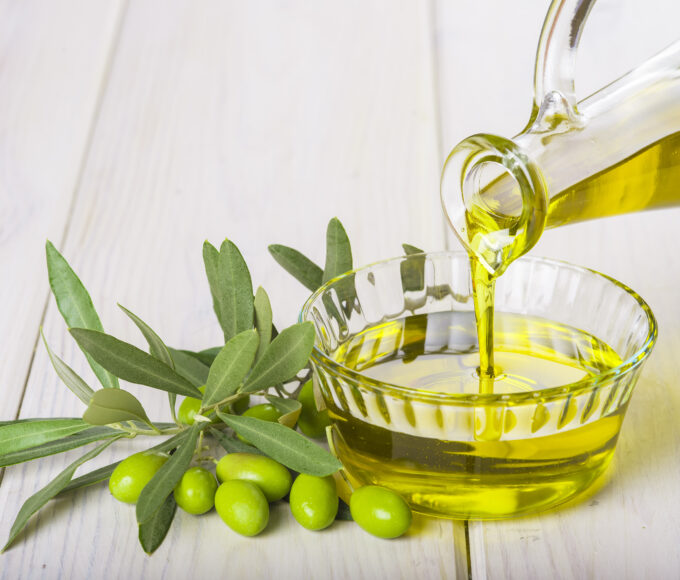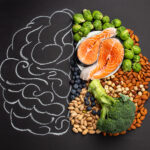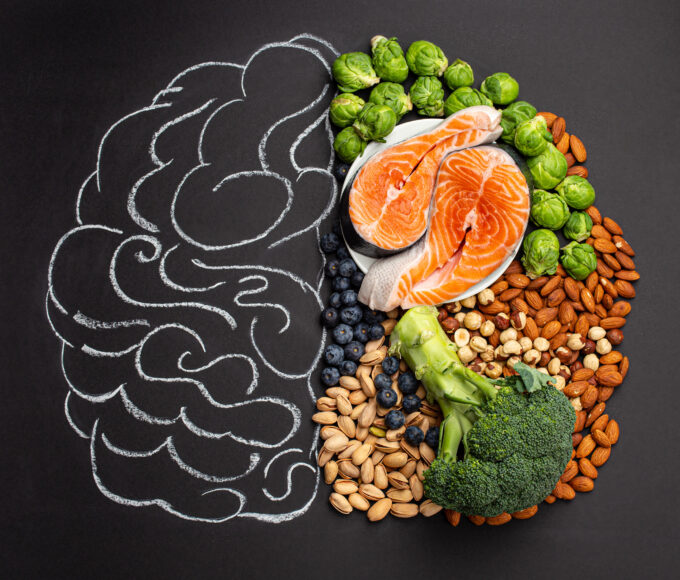Related Articles
Overall Health
Self-Care Is Important For Preventing Burnout, Here’s Why and What To Do
If you’re juggling a packed schedule, you know how challenging it can...
ByadminApril 17, 2024
Brain & Cognition
How To Beet It For Powering Up Your Brain Health As You Age!
This ruby-red wonder, not just a pretty garnish anymore, is packed with...
ByadminMarch 28, 2024
Stress & Mood
Stress Relief Techniques for the Overwhelmed Professional: Finding Your Zen
You probably have a lot on your plate. Finding time for stress...
ByadminMarch 28, 2024
Overall HealthSkin
Skincare Routine: How To Age Gracefully Through A Holistic Approach
Let’s face it: aging happens, but that doesn’t mean you must surrender...
ByadminMarch 28, 2024

















Leave a comment